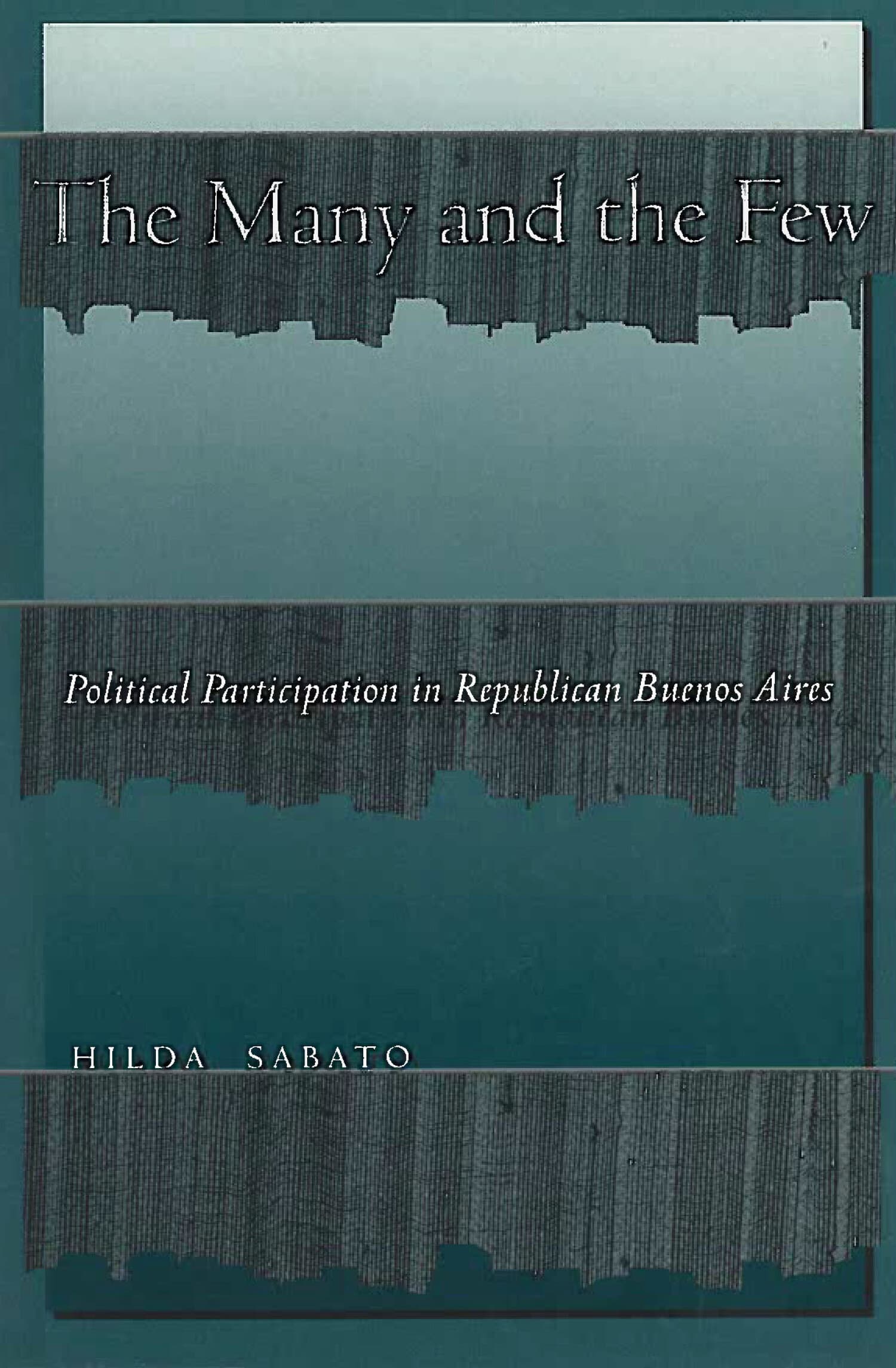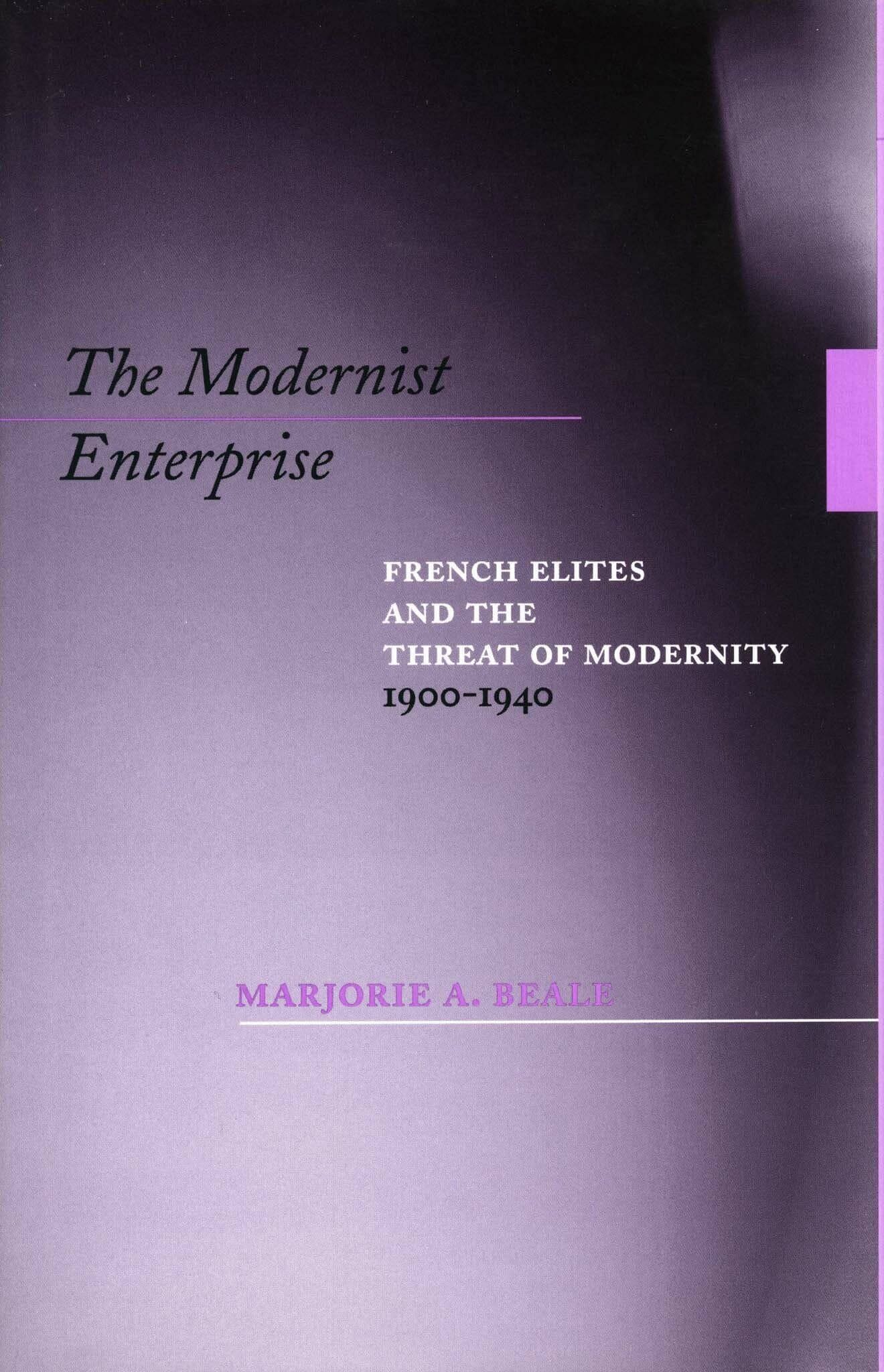Financing Sovereignty

Financing Sovereignty rewrites the story of one of the great financial frauds of the nineteenth century: Gregor MacGregor, a Scottish mercenary and self-proclaimed cacique of Poyais, borrowed massive sums on the City of London's burgeoning South American sovereign debt market by selling bonds of the State of Poyais. The only problem—Poyais did not exist. At least, that is what MacGregor was quickly accused of by the press and public opinion at the time. From then on, MacGregor has embodied the figure of the swindler par excellence, the con artist behind the most audacious financial fraud in history.
In Damian Clavel's deeply researched retelling of the Poyais story, MacGregor is less an unscrupulous adventurer aiming to defraud English investors than a luckless intermediary between Indigenous Miskitu elites and British financiers. From the coasts of Moskitia to the trading floors of London, Clavel traces the genesis, development, and downfall of the Poyais project, detailing how these events were the outcome of a failed attempt to finance the making of a new country in Central America. A microhistory set against the backdrop of global history, Financing Sovereignty offers a new lens through which to view the political, economic, legal, and social dynamics of the nineteenth-century revolutionary, financial, and imperial transformations that took place across the Atlantic.
—Marc Flandreau, University of Pennsylvania
"Through a riveting history of the infamous Poyais scheme, Financing Sovereignty offers a new and surprising account of how Indigenous rulers navigated the fall of the Spanish empire in Central America and how financiers in Britain became powerful actors in the unfolding drama of Latin American independence."
—Joseph La Hausse de Lalouvière, University of Edinburgh
"Financing Sovereignty combines a narrative that surprises at every turn and rigorous analysis of the evidence of financial speculation. As Damian Clavel both recounts shenanigans and reveals the informational and institutional context of the 'South American bubble,' he delivers a must-read for students of finance and history alike."
—Jean-Laurent Rosenthal, California Institute of Technology
"With prodigious research and a sober eye, Damian Clavel dramatically revises the standard narrative that reduces the Poyais scheme to the actions of an alleged con-man and his marks. He instead provides a forensic accounting of the links between finance, sovereignty, and political opportunity that characterized the aftermath of decolonization in the Americas. An ambitious and marvelous book."
—Raymond Craib, Cornell University




